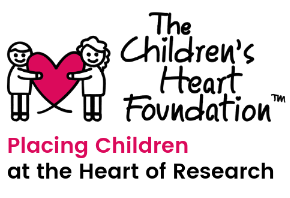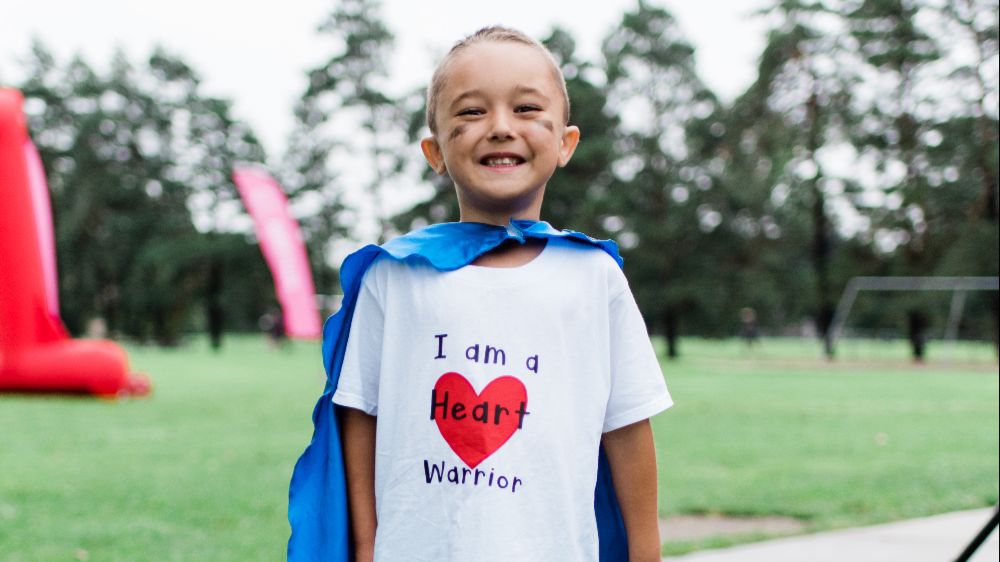
With the help of our generous supporters, The Children's Heart Foundation has funded nearly $20 million of CHD research and scientific collaborations.
View all of our funded research below. Use the search tool to filter by Doctor's Name, Project Name, Hospital/Institution, or Year funded.
“A Self-regenerative Hybrid Heart Valve”
Arash Kheradvar, M.D.
University of California – Irvine, Irvine
California
2013
2014
Doctor's Name: Arash Kheradvar, M.D.
Hospital/Institution: University of California – Irvine, Irvine
Valvular heart disease is the third most common cause of heart problems in the United States and is associated with high mortality. Many types of the congenital heart diseases – such as bicuspid aortic valve, Tetralogy of Fallot – also have some types of valvular involvement. The treatment of choice for severe disease is the valve replacement. Currently there are only two options available for valve replacement; mechanical valves and bioprosthetic valves. Mechanical valves are durable but they require anticoagulation medication that patient needs to take for the rest of his/her life after surgery. On the other hand, bioprosthetic valves do not have this problem, but they have a limited lifetime. Clearly there is a need for a better alternative that is biocompatible and can last a lifetime.
Here we introduce a technology that combines both mechanical and bioprosthetic heart valves advantages and additionally gives the valve the ability to self-regenerate. By using a 3D cell culture method, we use the patient’s own cells and grow them on a Nitinol structure that has the forms of a heart valve. This structure which called “Hybrid scaffold” is strong enough to resist against the complex physiological loads inside the heart. The patient’s own tissue enclosing the Nitinol valve makes it completely biocompatible and allows it to self-regenerate, repair and potentially grow similar to native valves.
We plan to test this hybrid heart valve in sheep. This valve should overcome both mechanical and bioprosthetic heart valve’s disadvantages by mimicking the native valve’s biocompatibility and hemodynamics while maintaining adequate strength and long-term durability. It is anticipated that the proposed technology significantly improves the congenital heart disease patients’ quality of life by eliminating the need for lifelong anticoagulation medication without compromising the valve durability. This technology is particularly promising for younger patients who typically require several valve replacement procedures over a lifetime.
Award Date 1: 2013
Award Amount 1: $100,000
Award Date 2: 2014
Award Amount 2: $100,000



